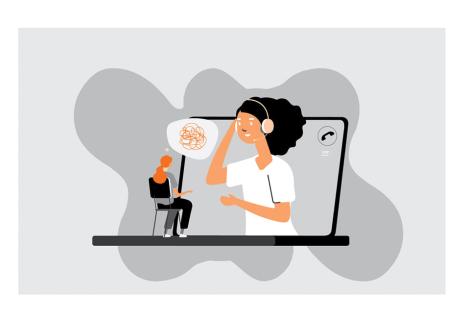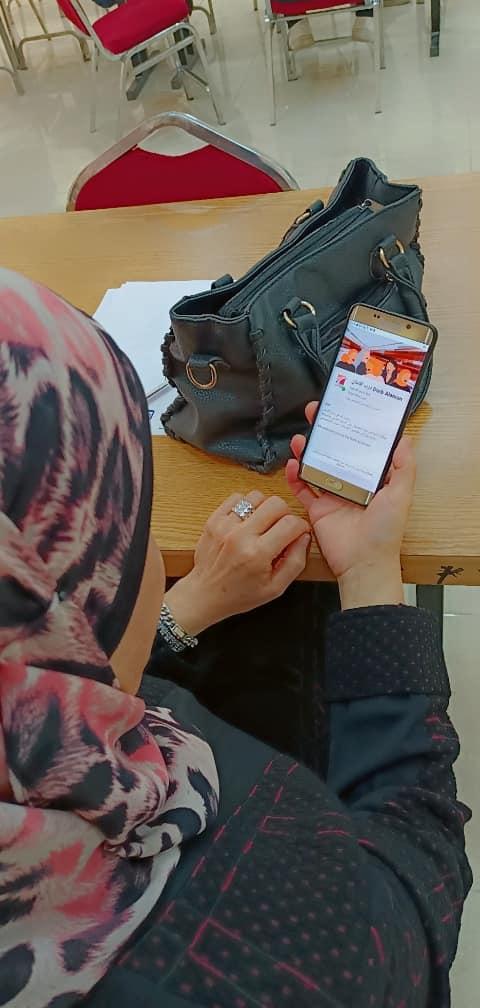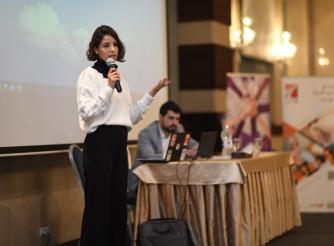The chatbot that changes lives

If you were in a difficult situation, perhaps facing violence in your own home, and you didn’t feel like you could talk to anyone about it – what if you could? What if there was a team ready to support you, anonymously and safely, to give you the tools and knowledge to take back the power in your life? What if, all you had to do to access that support was reach into your pocket for your phone?
In 2020, ActionAid Arab Region (AAAR) launched a chatbot to combat gender-based violence (GBV) in Jordan. Using existing popular platforms like Facebook Messenger and WhatsApp, this innovative tool allows people who are facing harm or feel scared to reach out anonymously to a team that provides them with the support they need. Sometimes that means someone to talk to, having access to a trained and knowledgeable person who provides survivors with advice, information and understanding. In certain cases, it evolves into direct psychosocial support – and changed lives.
Arwa* heard about the chatbot through a Facebook post. She clicked on a link, scrolled down the page, and began to type her story. She and her children faced physical and verbal violence. She felt totally isolated and depressed – until she reached through her screen… and found a hand waiting to hold hers on the other side.
Through the chatbot, Arwa was directed to an ActionAid women-safe space in Mafraq, where she received psychosocial support sessions. Through this empowerment and support, she felt able to take a stand against violence.
More than that, she was empowered economically and given a startup kit to launch her own home-based business, regaining her self-confidence and autonomy.

Nouf* was introduced to the chatbot by a friend. As a woman in her sixties, she was not familiar with GBV as a concept – but only in theory. While she was impressed with the app and enjoyed the introductory session, she wasn’t able to explore it further because she was not able to read (something about which she felt embarrassed) and was not very familiar with technology.
Not to be discouraged, the chatbot team guided Nouf to an ActionAid centre where, at the age of 65, she learned to read – and how to use the chatbot. The more she spoke with the chatbot team, the more she found her perception of the social norms with which she was so familiar shifting.
The AAAR team finds stories like Nouf’s particularly important, not just in terms of their impact but because of what they tell us about the things we need to consider when designing tools and approaches to help women. Not all women have access to information and technology.
Around the world, thousands of older women continue to be silenced by the persistence of discriminatory societal attitudes and a lack of attention to abuse and violence. Campaigns on violence against women rarely consider the specific risks and disadvantages faced by older women.
It is stories like these – about women who are able to change their lives by pressing a button on a phone – that inspire us to do more, to learn more, to reach more people and fight the normalisation of GBV, in Jordan and beyond.
* Names changed to protect the identities of the survivors.

